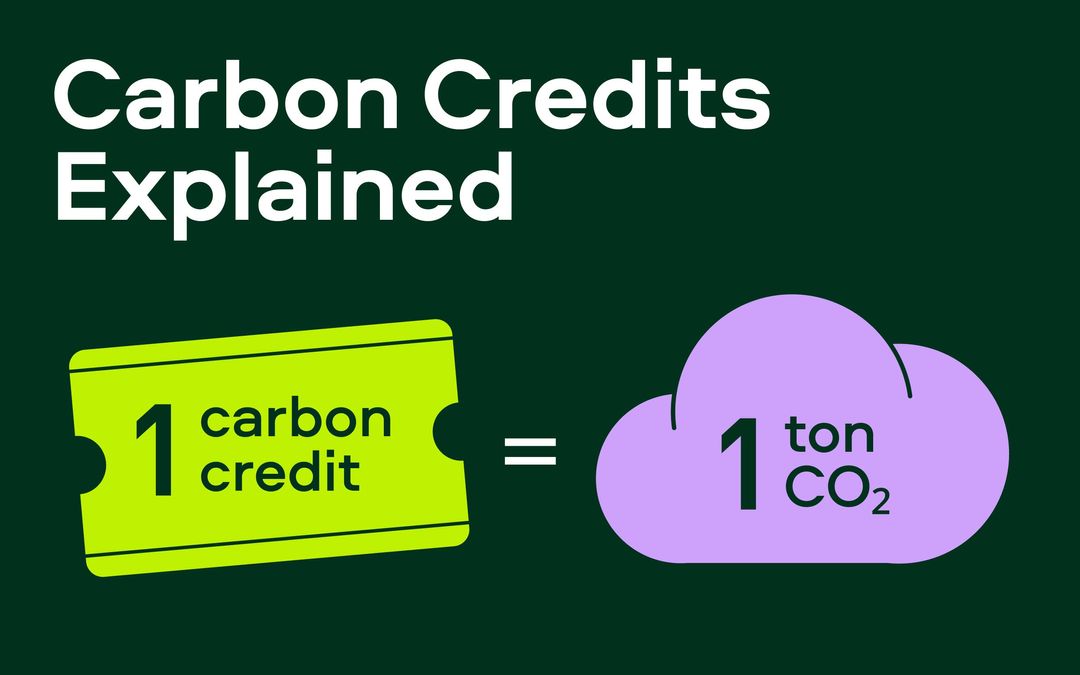
A carbon credit offtake agreement is a contractual arrangement between two parties, typically a project developer or owner and a purchaser, wherein the purchaser agrees to buy a specified quantity of carbon credits generated by the project over a defined period of time. These agreements facilitate the sale and transfer of carbon credits from the project to the purchaser, providing the project with revenue and the purchaser with a means to meet their carbon reduction or offsetting goals.
Key components of a carbon credit offtake agreement include:
- Quantity and duration: The agreement specifies the quantity of carbon credits to be purchased by the buyer and the duration of the agreement, which could be for a fixed term or tied to the lifespan of the project.
- Price and payment terms: The agreement outlines the price per carbon credit and the payment terms, including any upfront payments, milestone payments, or periodic payments based on the delivery of carbon credits.
- Delivery terms: It defines the timing and method of delivery of the carbon credits to the purchaser, including any reporting or verification requirements to ensure compliance with applicable standards or regulations.
- Quality and certification: The agreement may require that the carbon credits meet certain quality standards and certification requirements to ensure their environmental integrity and credibility.
- Risk allocation: It may address the allocation of risks between the parties, such as project performance risk, regulatory risk, or force majeure events that could affect the delivery of carbon credits.
- Termination and default provisions: The agreement may include provisions for termination or default, specifying conditions under which either party can terminate the agreement and the consequences of default.
Carbon credit offtake agreements play a crucial role in providing financial support and revenue certainty to carbon offset projects, enabling them to attract investment and scale up their operations. These agreements are commonly used in voluntary carbon markets, where companies, governments, and other organizations purchase carbon credits to offset their emissions and demonstrate environmental responsibility. They can also be utilized in compliance markets, where companies purchase carbon credits to meet regulatory obligations under carbon pricing schemes or emissions trading systems.
